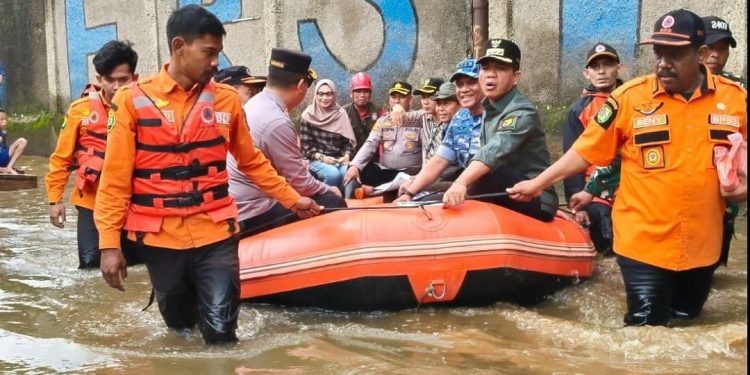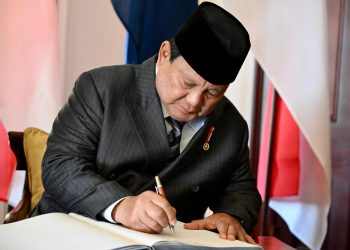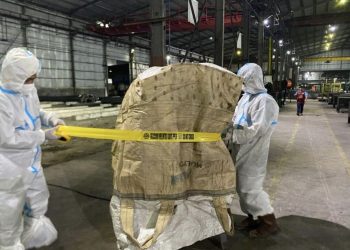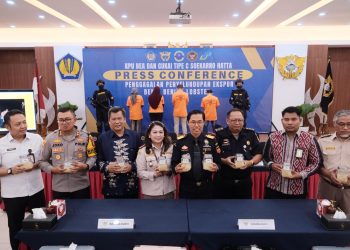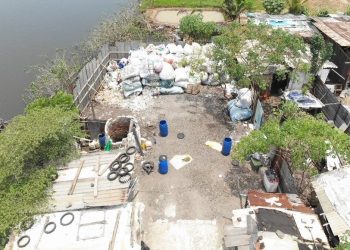Bandung, Indonesia Sentinel — The Bandung Regency Disaster Mitigation Agency (BPBD) officially declared a ‘state of emergency’ on Saturday, November 23, 2024, following heavy rainfall that triggered severe floods across several districts. Water levels ranged from 50 centimeters to as high as 2 meters in some areas.
According Tribun Jabar, BPBD Head Uka Suska Puji Utama declared that the emergency status is in effect from Friday, November 22, through December 1, 2024. “We have declared a disaster emergency status starting from Friday and lasting for the next two weeks,” Uka said on Saturday.
He emphasized that Bandung Regency remains highly vulnerable to floods due to continued heavy rainfall in the region.
The flooding, which began on Wednesday, November 20, has inundated 2,014 homes and affected 35,262 people as of Sunday morning, November 24. The disaster was primarily caused by torrential rain that caused the Citarum River’s water levels to rise significantly.
Worst-Hit Areas
Eight districts remain submerged, according to BPBD data. These include Bojongsoang, Dayeuhkolot, Pameungpeuk, Baleendah, Katapang, Ciparay, Pacet, and Majalaya. Among them, Dayeuhkolot is the hardest hit, with the highest water levels can be reaching up to 2 meters.
Dayeuhkolot village chief Yayan Setiana reported that up to Sunday, flooding still affected 13 neighborhoods (RW) in the area. While water levels initially reached 1.2 meters, they have since receded to knee height, approximately 50 centimeters on Sunday, November 24.
Indonesia’s Minister of Manpower Targets Minimum Wage Guidelines for 2025 Release in November
“Compared to last year’s rainy season, this year’s floods are the worst. The water levels were very high and persisted for several days,” Yayan said. Although some residents chose to remain in their homes despite the flooding, many have sought refuge.
The floods have paralyzed daily activities in affected areas, with several roads rendered impassable due to deep water. Evacuees are also facing shortages of essential supplies, including clean water, ready-to-eat meals, rice, mattresses, blankets, and cleaning tools.
Relief efforts are underway, but the ongoing high rainfall and widespread impact highlight the urgent need for additional resources to support the affected communities.
(Raidi/Agung)


